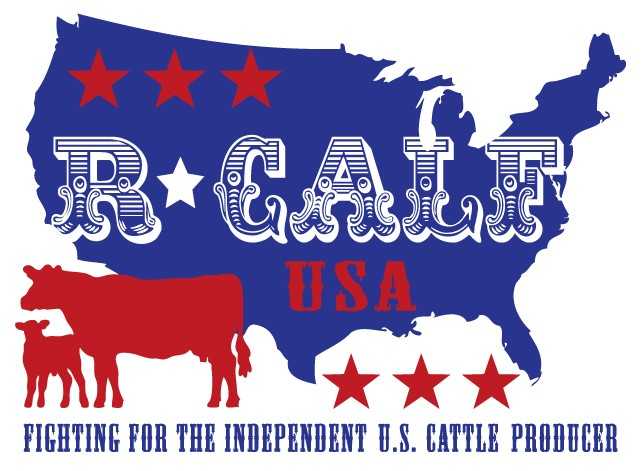![]()

Today, U.S. Senator Mike Rounds (R-S.D.) introduced legislation to block the Secretary of Agriculture from usurping the rights of independent U.S. cattle farmers and ranchers to participate in animal disease traceback programs in a manner that best fits their individual business operations.
Last week, the USDA issued an advance copy of a final rule in which the Secretary of Agriculture mandates the exclusive use of electronic identification (EID) eartags on adult cattle shipped interstate. This final rule reverses the agency’s previous regulations that afforded the nation’s cattle farmers and ranchers a choice between various forms of official animal identification eartags, from low-cost numerical tags to high-cost EID tags, for use in conducting tracebacks of cattle in the event of an animal disease outbreak.
If passed by Congress, the new legislation would nullify the final rule by prohibiting the Secretary from implementing any rule or regulation requiring the mandatory use of electronic identification eartags. This would preserve for the nation’s farmers and ranchers the ability to participate in animal disease traceback programs using the type of official eartags that best fit their businesses’ operations.
“Rounds’ legislation respects the freedoms, liberty and property rights of America’s ranchers by preserving for them the right to choose among the types of eartags that work best in their individual management systems,” said R-CALF USA CEO Bill Bullard adding, “There can be no more important legislation than one that preserves and protects the rights of American businesses from government overreach and control, and that’s precisely what Rounds’ legislation does.”
According to Bullard, the draft final rule states that testing has shown that under the current system, states on average can conduct animal disease tracebacks at least to the animal’s state of origin in less than one hour.
He said the rule further identifies two areas in need of improvement: reducing transcription errors when the number on an eartag is transferred to a database and eliminating the inherent problems in associating eartag numbers with paper documents such as health papers and shipping documents.
“But the agency is only imposing its electronic mandate on cattle producers, not on the accompanying paper documents that are equally crucial to any disease traceback effort, which will render the rule ineffectual at improving the already remarkable one-hour traceback time.”
He also said the final rule does not increase the number of cattle expected to be electronically tagged, as it will essentially apply to the same number of cattle that are currently being tagged with official identification eartags under the 2013 regulation.
“This final rule will not appreciably improve disease traceback given these deficiencies and is, therefore, but a pretext to enable the Secretary of Agriculture to exert more control over independent cattle producers, by telling them how they must run their farms and ranches. We hope the rest of Congress understands the intrinsic importance of Rounds’ legislation,” Bullard concluded.
